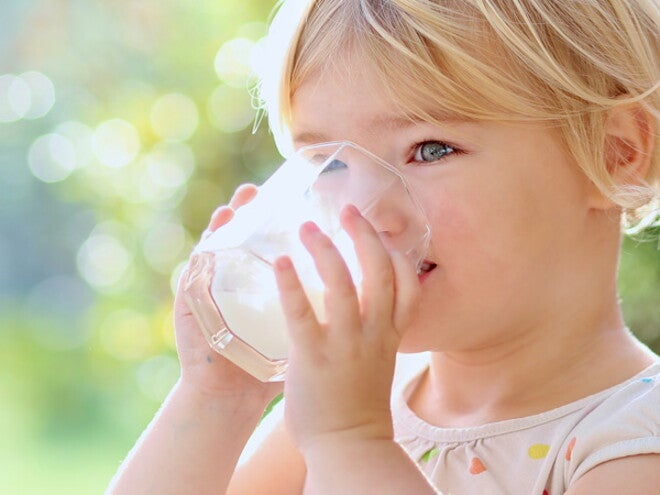
Drinks for Toddlers
Drinks for Toddlers
Both the foods and the drinks you offer your toddler are important in helping her to grow up healthy.
What drinks should I offer?
Milk feed. Offer 500 ml (2 cups) of a milk feed over the course of a day but don’t provide more than 750 ml (3 cups). If your toddler fills up on milk, he won’t be hungry for other healthy foods he needs. Try offering 125 ml (½ cup) of milk at every meal and one snack time. Talk to your health care provider if your toddler does not drink at least 500 ml (2 cups) of milk a day.
Water. Offer cool water during the day and more often when the weather is hot or your child is very active. Bottled water is not necessary unless water is unsafe.
Juice. Too much juice leaves less room for healthy food choices. It can also cause tooth decay. Dilute 100% juice (1 part water to 1 part juice) and limit intake to 125 ml per day. Offer vegetables and fruit more often than juice.
Avoid sweetened beverages and other teas. Toddlers do not need sugary fruit punches, drinks, beverages, cocktails or soft drinks. Rooibos teas and water sweetened with sugar take the place of healthier foods and do not help children grow.
When should drinks be offered?
Serve milk feeds only at meal and snack times. Offer water between meals and snacks – it won’t spoil your toddler’s appetite and it is better for his teeth.
Related articles
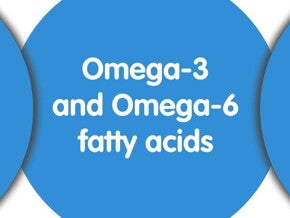
The Smarts of Omega
Boost your child's brain and eye health with Nestlé Nankid® 4 OmegaSmart.
5 mins to read
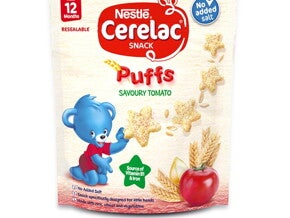
Cerelac® Puffs
New NESTLÉ CERELAC® Puffs is a light, puffy and delicious cereal snack
5 mins to read

Why fathers are important to a child’s development and well-being
It’s an ongoing joy being a dad” – Liam Neeson
5 mins to read
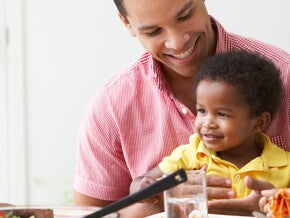
Juniors are different
Juniors think differently, act differently and, most frustratingly, eat differently. They won’t eat what you want them to eat or they play with their food and expect you to play with it too.
5 mins to read
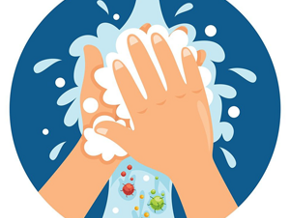
Building immunity – nurture your child’s immune system
Your child is born with an immature immune system. Immunity develops over time, when the body encounters and deals with various germs.
5 mins to read
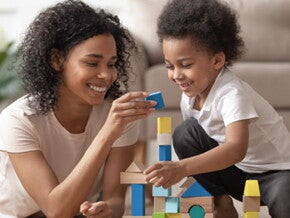
Enriched drinks provide your child with important building blocks for life
As you know, your child has a little tummy, and needs small, frequent meals throughout the day.
5 mins to read
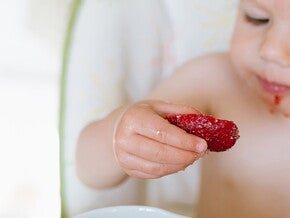
Great ways to increase your toddler’s tastes
Expand your toddler's taste and appetite! Follow our helpful tips.
5 mins to read
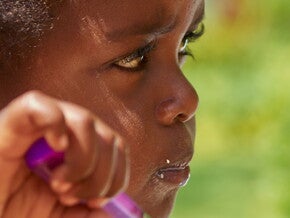
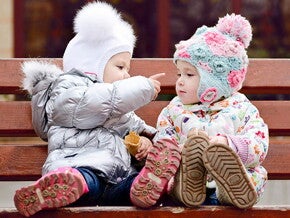
Social & Emotional Development in your Toddler
As your toddler matures, their social skills grow. They begin to recognise, exhibit and feel emotions.
3 mins to read

Growth and Development
“Toddlers” refer to infants from the age of 12 months to 36 months.
5 mins to read
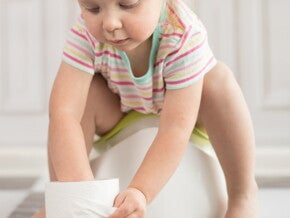
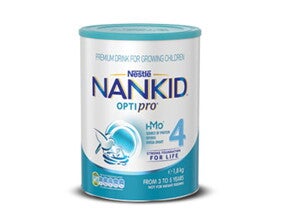
Nestle Nankid Unique Combination Ingredients
Mom, you only want the best for your child. You nurture their every need and sacrifice your own needs to build a good foundation for them, giving your c
5 mins to read

Growing Up Happy at Home Tips - Lockdown Play
5 mins to read
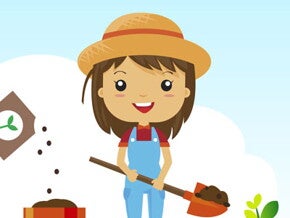
The Foundation Years
Your child’s growth can be likened to the growth of an apple tree.
5 mins to read
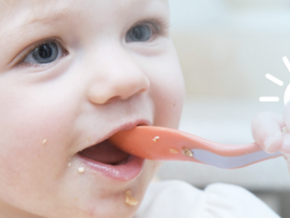


Guide for Fussy & Picky Eaters
There’s nothing like the feeling of accomplishment when your little one eats up the healthy meal that you prepare especially for them.
5 mins to read
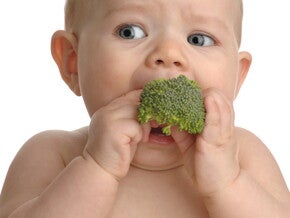
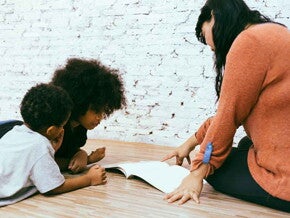
Practical Tips for Developing Language Skills
You know it’s important to teach children words
4 mins to read